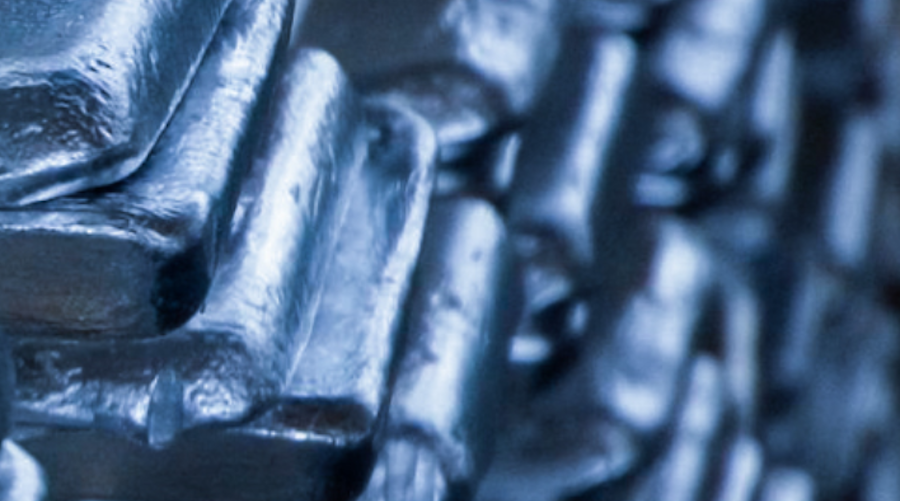Rusal says new Western sanctions won’t hurt its aluminum supply

Russian aluminum giant Rusal said on Monday that new sanctions on Russian metals introduced by the United States and Britain will have no impact on its ability to supply aluminum to world markets.
Washington and London on Friday prohibited metal-trading exchanges from accepting new aluminum, copper and nickel produced by Russia and barred the import of the metals into the United States and Britain.
The London Metal Exchange (LME) on Saturday banned from its system Russian metal produced on or after April 13 to comply with new sanctions. The Kremlin on Monday said it considered the sanctions illegal and a double-edged sword that would hurt the interests of those imposing them.
The action is aimed at disrupting Russian export revenue in response to what Moscow calls a “special military operation” in Ukraine. Russia is a major producer of aluminum, copper and nickel.
“The announced actions have no impact on Rusal’s ability to supply since Rusal’s global logistic delivery solutions, access to banking system, overall production and quality systems are not affected,” said Rusal, the world’s largest aluminum producer outside China with a global share of 5.5%.
“The US determination does not impose any new prohibitions or requirements relating to the processing, clearing or sending of payments by any intermediary banks.”
Rusal and Russian mining giant Norilsk Nickel, the world’s largest palladium producer and a major producer of high-grade nickel, have not been directly targeted with Western sanctions over the conflict in Ukraine.
The share of available aluminum stocks of Russian origin in warehouses approved by the LME stood at 91% in March, while the proportion of copper stocks was at 62%. Russian nickel in LME warehouses amounted to 36% of the total.
Aluminum and nickel futures rallied to multi-month highs during early trading on Monday, though both contracts pared gains subsequently.
No immediate supply shock
Russia’s commodity exporters have sharply expanded supplies to markets like China and India as Western countries have imposed sanctions which President Vladimir Putin says amount to a declaration of economic war by the West.
Goldman Sachs said it did not expect an immediate supply shock.
“From a fundamental perspective, it is important to recognise that these exchange focused rule adjustments will not generate a necessary supply-demand shock,” Goldman Sachs analysts said in a note.
Russian producers can continue to sell metal to other non-US or UK markets, Goldman Sachs said, but uncertainty remains as to whether other key ex-China markets and consumers will also continue to consume the same volumes of Russian metal.
Rusal said the LME actions appeared to be strictly related to the exchange and derivatives. The company said it would still be able to provide hedging services to customers and remained committed to market-based pricing.
Nornickel has not yet commented on the sanctions.
Rusal shares were 1.7% lower in Moscow as of 0918 GMT. Promsvyazbank analysts said the market was likely still making sense of the sanctions and their impact.
“Although both Nornickel and Rusal sell most of their metals under bilateral contracts, their shipments are likely to decrease and, probably, a new discount to exchange prices will emerge,” Promsvyazbank analysts said.
(By Anastasia Lyrchikova, Alexander Marrow, Gleb Stolyarov and Olzhas Auyezov; Editing by Louise Heavens, Guy Faulconbridge and Susan Fenton)
{{ commodity.name }}
{{ post.title }}
{{ post.date }}




Comments